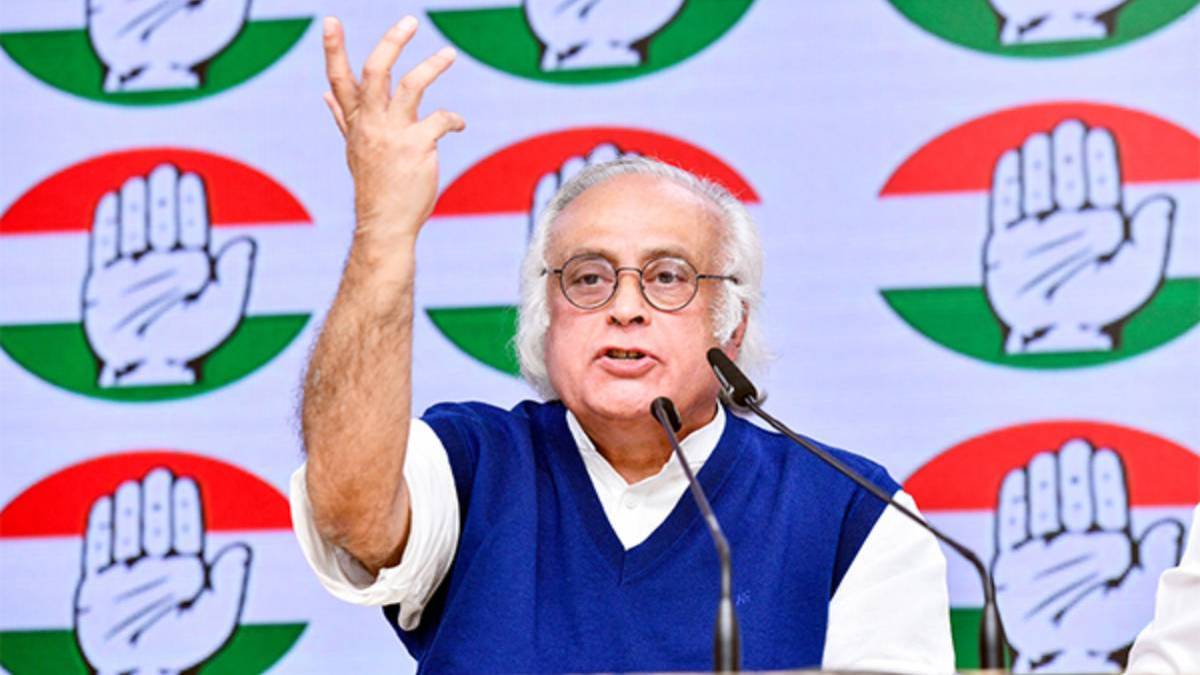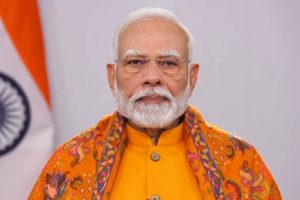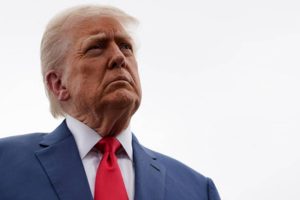Senior Congress leader Jairam Ramesh has sharply criticised Prime Minister Narendra Modi’s recent telephonic conversation with US President Donald Trump, calling it a “triple jhatka (shock)” to India’s foreign policy and diplomatic stance.
Speaking to ANI, Ramesh raised serious concerns over recent developments involving US-Pakistan relations and questioned the Modi government’s silence. He pointed to Pakistan’s Field Marshal Asim Munir, whose controversial remarks have been linked to the Pahalgam terror attack, being invited for a private lunch with President Trump. “This is a setback for Indian diplomacy. We are quiet about it, we have not objected to it,” Ramesh said.
He went on to list what he termed as the three blows to India’s diplomatic credibility:
- Invitation to Asim Munir for a one-on-one lunch with Trump despite his inflammatory remarks.
- US Central Command chief General Michael Kurilla’s praise of Pakistan as a “phenomenal partner in counter-terrorism,” while India sees it as a “phenomenal perpetrator”.
- Trump’s repeated claims—made 14 times since May 10—that he mediated a ceasefire between India and Pakistan, used trade pressure, and brought the two nations to the negotiating table.
Ramesh demanded transparency and accountability, urging PM Modi to share the exact details of his 35-minute phone call with Trump in Parliament. “Say the same thing in Parliament. Call a special session… hold an all-party meeting… we want a constructive debate and to show national unity,” he added.
His remarks come hours after Foreign Secretary Vikram Misri disclosed details of the Modi-Trump conversation on the sidelines of the G7 Summit in Canada, where PM Modi reportedly conveyed that India has never and will never accept third-party mediation on Pakistan-related issues and discussed India’s strong response to the May 9-10 terror incident.
The Congress has reiterated its demand for a Parliamentary debate and united political front on critical foreign policy matters, especially those involving national security and cross-border terrorism.





